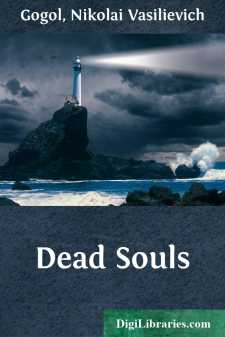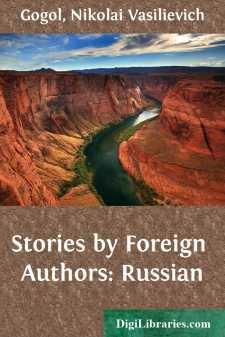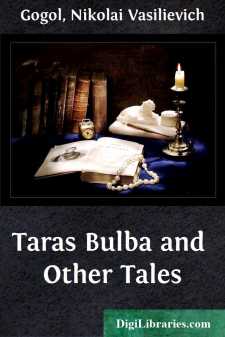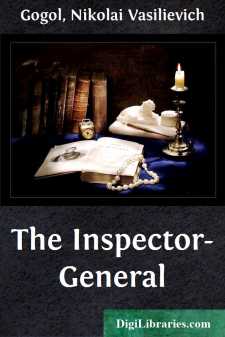Categories
- Antiques & Collectibles 13
- Architecture 36
- Art 48
- Bibles 22
- Biography & Autobiography 813
- Body, Mind & Spirit 142
- Business & Economics 28
- Children's Books 17
- Children's Fiction 14
- Computers 4
- Cooking 94
- Crafts & Hobbies 4
- Drama 346
- Education 46
- Family & Relationships 57
- Fiction 11829
- Games 19
- Gardening 17
- Health & Fitness 34
- History 1377
- House & Home 1
- Humor 147
- Juvenile Fiction 1873
- Juvenile Nonfiction 202
- Language Arts & Disciplines 88
- Law 16
- Literary Collections 686
- Literary Criticism 179
- Mathematics 13
- Medical 41
- Music 40
- Nature 179
- Non-Classifiable 1768
- Performing Arts 7
- Periodicals 1453
- Philosophy 64
- Photography 2
- Poetry 896
- Political Science 203
- Psychology 42
- Reference 154
- Religion 513
- Science 126
- Self-Help 84
- Social Science 81
- Sports & Recreation 34
- Study Aids 3
- Technology & Engineering 59
- Transportation 23
- Travel 463
- True Crime 29
Nikolai Vasilievich Gogol
Nikolai Vasilievich Gogol (1809–1852) was a Ukrainian-born Russian writer known for his satirical and often surreal works. His most famous works include "Dead Souls," a novel that critiques the corruption of Russian society, and the short story "The Overcoat," which portrays the tragic life of a low-ranking bureaucrat. Gogol's writing often blends the grotesque with comedy, offering a vivid portrayal of Russian life and character. His influence on Russian literature is profound, and he is considered one of the great figures of 19th-century Russian literature.
Author's Books:
Sort by:
CHAPTER I To the door of an inn in the provincial town of N. there drew up a smart britchka—a light spring-carriage of the sort affected by bachelors, retired lieutenant-colonels, staff-captains, land-owners possessed of about a hundred souls, and, in short, all persons who rank as gentlemen of the intermediate category. In the britchka was seated such a gentleman—a man who, though not handsome,...
more...
From "Torrents of Spring." Translated by Constance Garnett. In one of the outlying streets of Moscow, in a gray house with white columns and a balcony, warped all askew, there was once living a lady, a widow, surrounded by a numerous household of serfs. Her sons were in the government service at Petersburg; her daughters were married; she went out very little, and in solitude lived through the...
more...
CHAPTER I "Turn round, my boy! How ridiculous you look! What sort of a priest's cassock have you got on? Does everybody at the academy dress like that?" With such words did old Bulba greet his two sons, who had been absent for their education at the Royal Seminary of Kief, and had now returned home to their father. His sons had but just dismounted from their horses. They were a couple of...
more...
INTRODUCTION The Inspector-General is a national institution. To place a purely literary valuation upon it and call it the greatest of Russian comedies would not convey the significance of its position either in Russian literature or in Russian life itself. There is no other single work in the modern literature of any language that carries with it the wealth of associations which the Inspector-General...
more...





